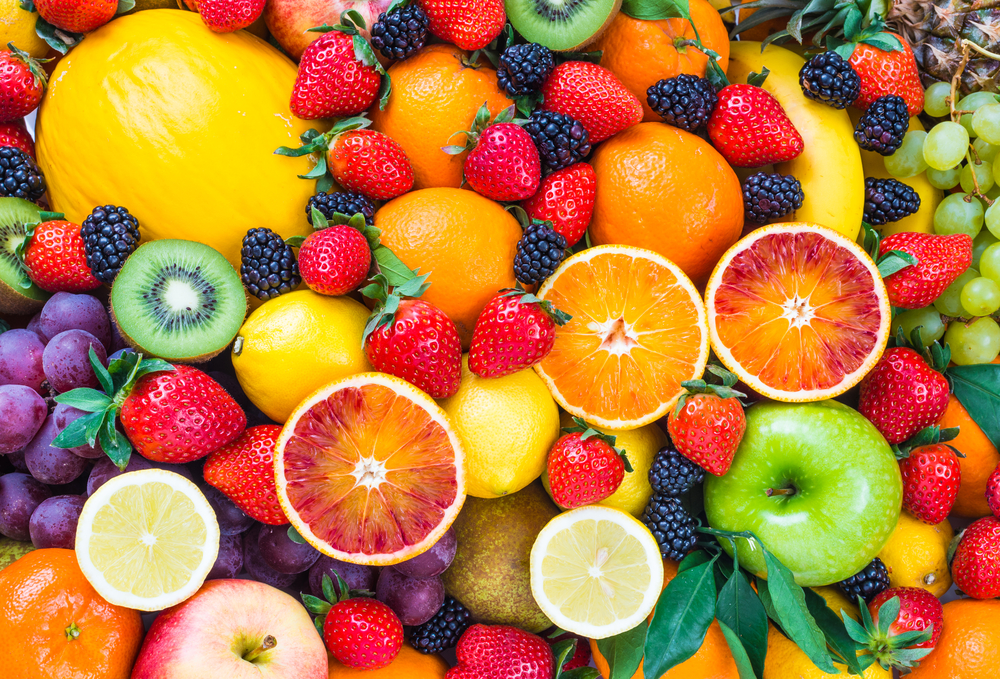How food tech is transforming the food chain
From plant-based meats to recyclable packaging and more durable crops, food tech is quietly disrupting the way we produce food


When we think of food tech often we think about the use of technology to help with the production of food, and indeed it does have a key role to play here. Along with related area agtech, food tech is being used to revolutionise how we develop crops, farm and harvest them.
But food tech involves much more than this. It also has a part to play in food production, particularly in fostering routes away from meat into extremely varied plant-based foods. Food tech companies are also developing new ways of packaging food, and they are even going local, with apps and other services designed to help us reduce waste and share more.
Here are just some of the ways food tech is transforming every aspect of our relationships with food.
Plant based foods and the move away from meat
There is growing concern around how meat and dairy farming uses more of the world’s resources than crop farming. As a result, there is a rising social movement towards plant based eating, which food tech companies are responding to by developing new products. The effect on traditional meat based food production could, in time, be significant. Indeed, the disruptive potential of this trend is so strong that management consultancy Deloitte has produced a report examining how the trend for more plant based foods is affecting mergers and acquisitions (M&A) in the sector.
One area where Food tech companies are seeing significant successes is producing alternatives to meat using plant based protein sources like soya and pulses that look and feel like the real thing when you’re eating them. Be under no illusions about the potential size of this industry. The Meatless Farm Company, which sells a range of products that look like meat, was named by analysts Nielsen as the fastest-growing meat alternative brand, showing 149% year-on-year growth in the 12 weeks to 25 January 2020. It has also successfully expanded its operations from the UK to the US and is now eyeing up Australia. Another developer, THIS, raised £4.7m of investment last year, on top of earlier healthy funding.
The supply chain
The route food takes from ‘farm to fork’ can be long and convoluted, and can involve multiple processes. Even when things are going smoothly, it can be hard work to manage effectively. Now, with the coronavirus pandemic negatively impacting picking, packaging and transportation at the very time when many foods will soon be ready to harvest, keeping the supply chain going is even more challenging. Food tech has a part to play in helping ease some of these concerns, while close relative agtech is also helping farmers be more efficient.
There are multiple ways in which food tech and agtech can help reduce crop losses. For example, there are technologies that harness the power of the Internet of Things (IoT) to help farmers know when to water or feed crops. The development of new varieties of seeds that produce stronger, more robust crops can mean higher survival rates in the field and fewer losses in transit. Meanwhile, improved food storage and processing techniques, and improved transportation methods can help foodstuffs survive longer between picking/processing and delivery to the consumer, meaning extended delivery times and delays in transit become less of a problem.
Get the ITPro daily newsletter
Sign up today and you will receive a free copy of our Future Focus 2025 report - the leading guidance on AI, cybersecurity and other IT challenges as per 700+ senior executives
There is also a remarkably large role for food tech in the packaging sector. As people become less happy about seeing their foods packaged in plastics and other hard to recycle or even non-recyclable materials, brands are catching on. Last year, for example, Nestlé launched its ‘Yes!’ snack bar in a recyclable paper wrapper. In some quarters it’s expected that plastic and glass packaging will disappear completely over time, as food tech attention is focused on developing viable recyclable alternatives.
Food tech goes local
We all eat food, and unless we are in the fortunate position to grow some of what we eat, we rely on others to produce and provide it. At present, food waste appears to be a sad fact of modern life, but there are food tech companies whose goal is to minimise or even eliminate it. FareShare is a national network of charitable food redistributors which takes surplus food from the industry and redistributes it to charities across the UK including school breakfast clubs, older people’s lunch clubs, homeless shelters, and community cafes. FareShare says that every week it provides enough food to create almost a million meals for vulnerable people.
When it comes to individual households in the UK, in January the Waste and Resources Action Programme (WRAP) has said that households waste 4.5 million tonnes of food a year, worth £14 billion (£700 for an average family with children), and that this amount of food is the equivalent of ten billion meals.
This is a big number, but individuals can take small steps to reduce it, and one way is to simply share surplus food with those living nearby. To that end Olio is an app that connects neighbours who want to share unwanted food (and other household items) with each other. Users post items, others express interest, and collection is arranged via private messaging. Olio also works with businesses, and at the current time is arranging for spare food to be collected and distributed within the local community.
Food tech is an area that many people will be unfamiliar with, even though it’s involved in many areas of our lives and is sometimes the training ground for emerging technologies like the IoT and artificial intelligence (AI). However, spurred by demand for new types of food, reduced environmental impact, and the disruption caused by political upheavals like Brexit or natural disasters like COVID-19, it’s likely to have an increasingly prominent role in our lives.

Sandra Vogel is a freelance journalist with decades of experience in long-form and explainer content, research papers, case studies, white papers, blogs, books, and hardware reviews. She has contributed to ZDNet, national newspapers and many of the best known technology web sites.
At ITPro, Sandra has contributed articles on artificial intelligence (AI), measures that can be taken to cope with inflation, the telecoms industry, risk management, and C-suite strategies. In the past, Sandra also contributed handset reviews for ITPro and has written for the brand for more than 13 years in total.
-
 Bigger salaries, more burnout: Is the CISO role in crisis?
Bigger salaries, more burnout: Is the CISO role in crisis?In-depth CISOs are more stressed than ever before – but why is this and what can be done?
By Kate O'Flaherty Published
-
 Cheap cyber crime kits can be bought on the dark web for less than $25
Cheap cyber crime kits can be bought on the dark web for less than $25News Research from NordVPN shows phishing kits are now widely available on the dark web and via messaging apps like Telegram, and are often selling for less than $25.
By Emma Woollacott Published